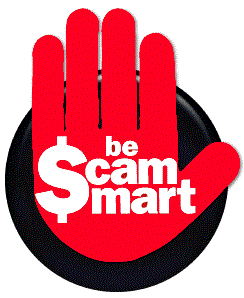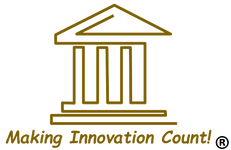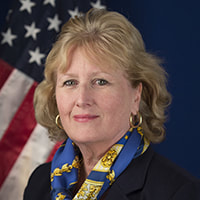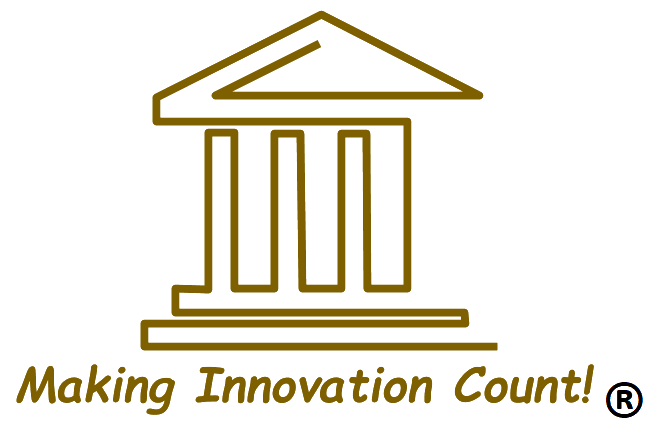 Do you want to save yourself $10,000? That is about how much you will be paying those "invention assistance companies" you see on TV. Be very careful when dealing with them and the promises they make. I have read a number of agreements offered by these companies to inventors and all of them have many terms that are not in favor of the inventor. Yet every year many inventors will hand over thousands of their hard earned money to these "invention assistance companies" and get very little as a result. So what should you be looking for when you approach one of these companies? I would say body armor, but seriously here are some pointers:
Because of the number of inventors being taken by invention assistance companies the US government has written 35 USC 297 to protect inventors. 35 USC 297 is nice but it is best to talk with an attorney first before signing the agreement. 35 USC 297 allows you to ask the invention promoter the following:
Finally an attorney has certain ethical duties owed to their inventors. An invention promotion company owes no such ethical duties. An attorney who breaches their ethical duties to a client may lose their license to practice law in their state and to represent inventors before the patent office. Those licenses are very hard to get and represents years of hard work in school.
4 Comments
Trademark scams range from offers to file renewal and maintenance documents, to offers to record marks with U.S. Customs and Border Protection, to monitoring services, to recordation in useless databases. Some of the scammers take consumers’ money and deliver nothing. For instance, during the roundtable, the American Intellectual Property Law Association cited an example of a restaurant that mistakenly paid a scammer to file maintenance documents for a registration. The restaurant relied on the assumption that the filing would be made. Only when the restaurant sought legal counsel about enforcement against an infringer did it learn that the scammer filed nothing and the registration had been cancelled. Others scammers actually perform work but at exorbitant prices. One speaker at the roundtable had filed three civil law suits against different scammers. When I file a trademark application or mail to a client a certificate received from the USPTO I always warn them of these fraudulent solicitations. The USPTO has a web page dedicated to this problem and has even produced an 8 minute video describing the problem and giving examples that you may watch below. I would also like to add that patent owners face the same problem with scams as do trademark owners. Always be careful with companies that promise to promote your invention! If you have received a solicitation for any trademark or patent related service you should consider it suspect even if the service appears to be legitimate. At the least contact me before paying for the service being solicited or call the USPTO Trademark Assistance Center at 800-786-9199 or the FTC Help Line at 877-FTC-HELP. You may also visit the following websites: |
Categories
All
|
California, Inland Empire - (909) 566-2801
California, Santa Barbara - (805) 500-6241
Tennessee - (423) 226-8036
Georgia - (404) 436-0899
California, Santa Barbara - (805) 500-6241
Tennessee - (423) 226-8036
Georgia - (404) 436-0899




